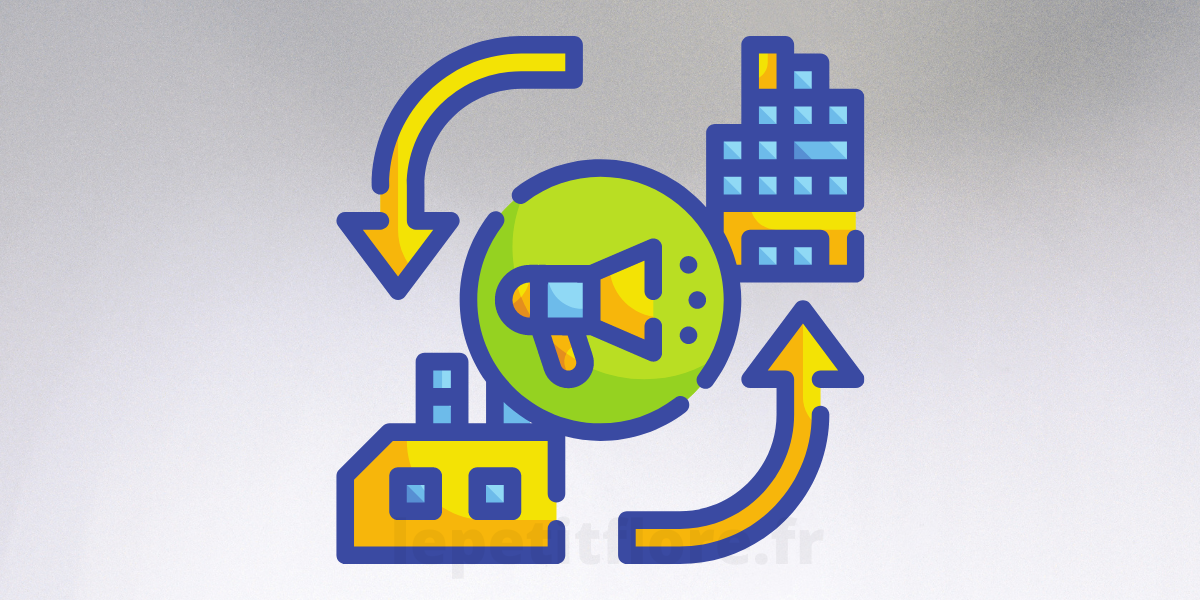Is Predictive Intelligence the Frontier of B2B Marketing?

In the past century, mankind witnessed the world witnessed a huge revolution in technology.
Beyond the modern marvels like digital advances and the advancement of smartphones, artificial intelligence is rapidly altering the way people live their lives. Machine learning is slowly becoming integrated into all aspects of our lives.
It’s currently used for machine translation, spam email filtering, ATM checking, and face recognition. And that’s exactly what the average person is using daily.
Predictive Intelligence is making companies more efficient, efficient, and effective. B2B firms that are using predictive intelligence in their marketing efforts are closer to the goal of knowing each customer and tailoring all content to meet their specific needs and preferences.
Technology that is not too distant from AI is having an enormous impact on the industry of marketing. In fact, 86% of marketers have already said they’ve noticed a positive impact from investments in the field of marketing technology as well as predictive analytics. The future of B2B marketing will be centered on intelligence and predictive analysis and will have a huge effect on lead scoring as well as targeting content.
The Evolution of Lead Scoring
Lead scoring is basically an approach to identify where your potential customers are on the buying path. It’s the idea of looking at the customer in a different way for an insight into what they are looking for, the products you could provide them with, and whether they’re likely to make purchases.
The manual scoring of leads as per this guideline can provide a good beginning to understanding the needs of your customers. The task of assigning this to the B2B marketing team will bring sameness, reliability, and clarity to a personalized method.
In addition to manual lead, scoring is the concept of predictive lead scoring. This is a proactive method to speed up the sales process by identifying which customers would be the most suitable based on previous behaviors and purchase past.
This also takes into consideration other technologies, like marketing automation, CRM as well as demographic information to help determine which leads marketing and sales should keep an eye on. This is still a semi-manual process, but this technique draws on the knowledge of lead scoring that is traditional and incorporates it into modern methods of working.
As for how to improve the efficiency of B2B marketing predictive lead scoring based on predictive intelligence is just one step forward. This is far more accurate than standard lead scoring because of the correlation between the patterns found in the first-party data of a company and general trends from third parties.
It’s also now the norm for many companies including technology-based companies. A study from 2014 revealed that 90% of users agree that the predictive lead scoring system provides greater benefits than conventional methods. The broad perspective of looking at your customers holistically and integrating this knowledge into the way you interact with them will speed up your marketing campaigns.
Since artificial intelligence is able to determine the status of hundreds of potential customers in only a few minutes, marketers stand to gain from this kind of technology.
A recent Gartner study found that the use of predictive intelligence was an essential feature for B2B marketers. Similar to the way that marketing automation is becoming a trend all over the world of marketing and the predictive lead scoring industry will likely soon follow.
The speed at which customers can be reached to understand their needs, and evaluating the value they bring to your business has made it a necessity for prescriptive insight for lead scoring.
Power of Personalized Content Targeting: The Power of Personalized Content Targeting
Predictive intelligence, a key element of predictive analytics, is essential in determining which content types to focus on which consumers. Once predictive lead scoring has revealed the location of each customer and where they may be heading in their buying process, you are able to gain information from predictive analytics in determining the tone, the content, and the style of content that which each potential buyer will react to the most.
A system that determines the elements that influence prospects can also help you choose the relevant content. As you would offer additional whitepapers to a leader who has been manually scored and who is interested in more detailed content, this algorithm will identify the numerous potential customers to whom white papers could be beneficial.
The right content to send out is as important as making it initially. The use of predictive analytics can also lead to a more informed approach to ideas and the development of content.
Utilizing predictive analytics in your content marketing requires some careful thought, but it is possible by knowing the appropriate information points to utilize and the best way to integrate them into your current strategy.
Understanding what content is receiving the highest amount of engagement and that is most interesting to potential buyers will help you tailor the content you create to meet those needs. While predictive analytics are at your disposal to help you get incredibly valuable knowledge, it’s still an individual to utilize the data effectively and in a proactive manner.
Marketing professionals who work on emotions, data, and connections with customers make up the entire package for directing content in the best possible way.



